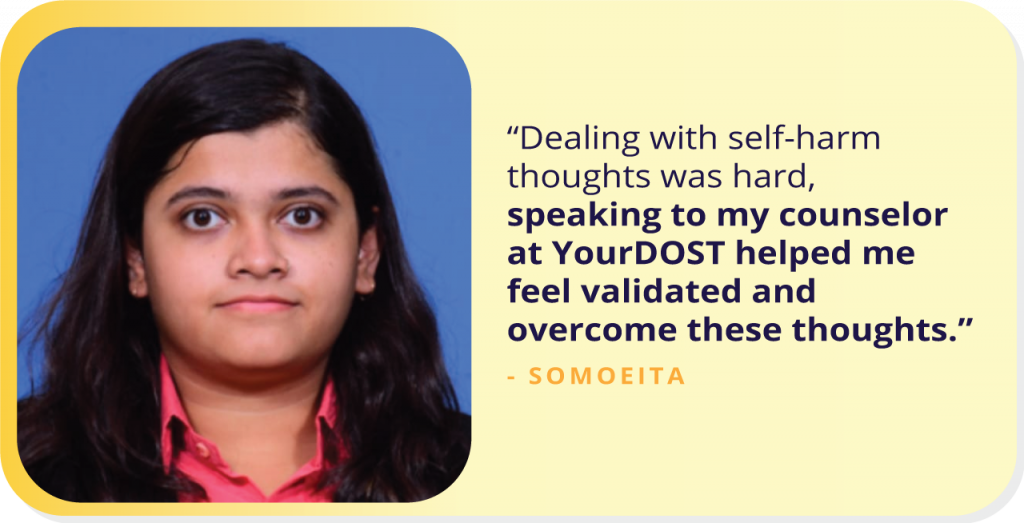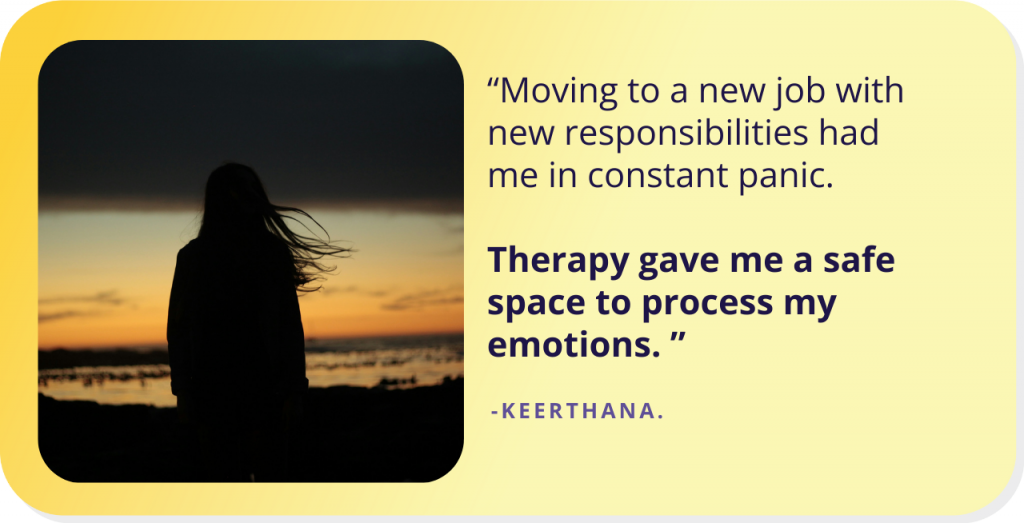ADHD stands for Attention –Deficit Hyperactivity Disorder. ADHD is a common neuro-behavioral condition and is characterized by developmentally inappropriate levels of inattention, impulsivity and hyperactivity. Children can become more distract able, impulsive, and have a hard time sitting still. These behaviors may contribute to significant problems in social relationships and learning.
Children with ADHD are sometimes seen as being “difficult” or as having behavior problems. As a child reaches elementary school, the symptom of inattention may become more prominent and cause the child to struggle academically.
In adolescence, hyperactivity seems to lessen and may show more often as feelings of restlessness or fidgeting, but inattention and impulsivity may remain.
ADHD affects 11 percent of school-age children. If the disorder has not been diagnosed, they may suffer adverse consequences, including school failure, family stress and disruption, depression, problems with relationships, substance abuse, delinquency, and accidental injuries.
When ADHD is properly diagnosed and treated, most of these children can learn to focus.
WHAT ARE THE FEATURES OF ADHD?
Children with ADHD can present with:
- Inattentive behavior
- Easily distractible
- Incomplete assignments
- Loses or forgets important things
- Often talks excessively
- Difficulty staying focused
- Disorganization
- Trouble concentrating
- Procrastinating
- Impulsive behavior
- Fidgeting; difficulty sitting still
- Emotional outbursts
Example:
Frequently leaves table during meal, can’t sit still while listening to a story, leaves seat in the classroom, incomplete class work and frequent complaints from teachers.
Did you know?
We do know that ADHD is a brain – based biological disorder. Brain imaging studies using PET scanners show that brain metabolism in children with ADHD is lower in areas of brain that control attention, social judgment, and movement.
MYTHS Vs FACTS:
|
Sr.no |
MYTHS |
FACTS |
|
|
1 |
ADHD is just a lack of willpower. |
Research shows that it’s a result of an imbalance of chemical messengers, or neurotransmitters, within the brain. |
KEY SKILL AREAS: The most common areas to focus on appear in the following list
• Learn skills for building and maintaining relationships. • Learn to manage monotonous tasks. • Learn to manage information. • Learn organizational skills. • Learn to manage impulsive behavior. • Learn to manage strong feelings.
|
|
2 |
ADHD is the result of bad parenting.
|
When a child with ADHD blurts things out or gets out of his seat in class, it’s not because he hasn’t been taught that these behaviors are wrong. It’s because he cannot control his impulses. The problem is rooted in brain chemistry, not discipline. |
|
|
3 |
Children with ADHD are lazy. |
They certainly aren’t lazy. In fact, many well-known, high-achieving individuals from the past are thought to have had ADHD, including Mozart, Benjamin Franklin and Abraham Lincoln. |
Treatment:
Treatment includes medication, psychotherapy, or a combination of both. Counseling the parents is an extremely necessary step as it is important for them to understand the neurobiological basis of the problem and hence, to not blame or punish their little one. Certain techniques in order to channelize a child’s pent up physical and mental energy help, for example, making him join a sports class or letting him pace around the room while reading his notes. With a little bit of environmental modification, the correct intervention and parental and school support, a child with ADHD can flourish just as well as a child without the diagnosis.






